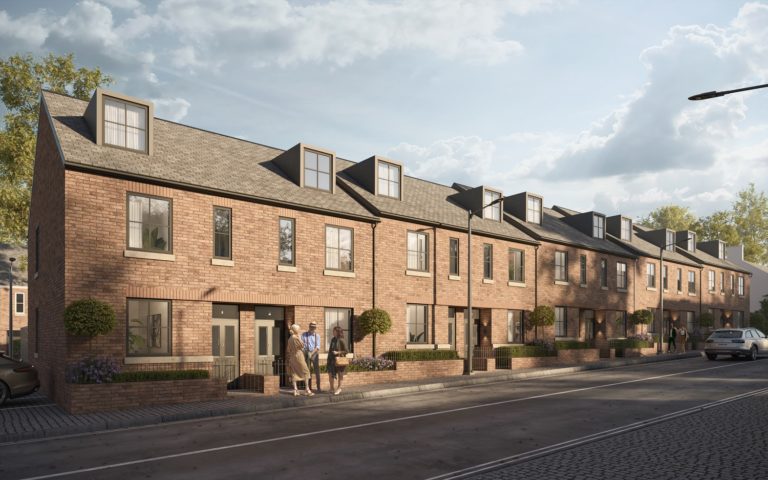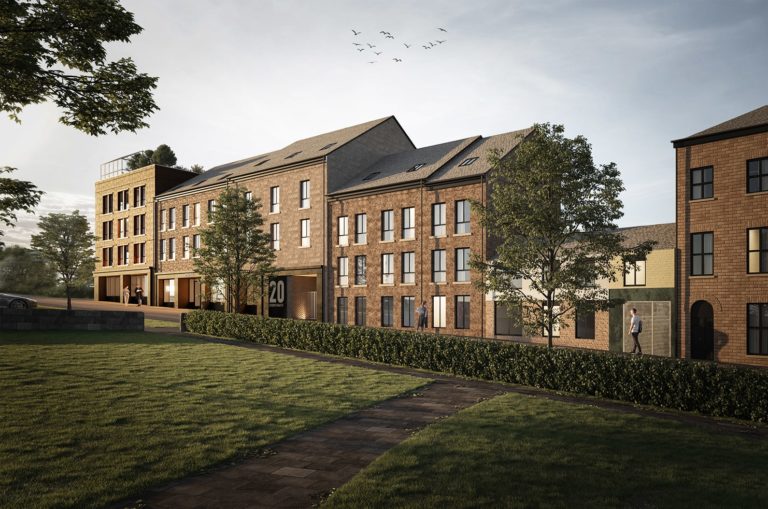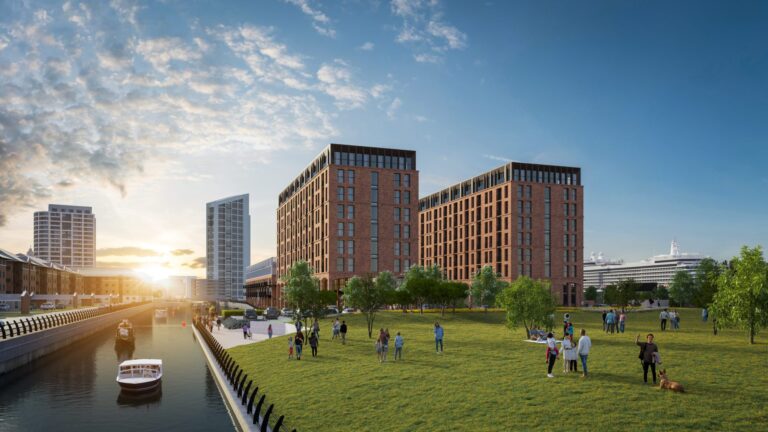Increasing the focus on new-builds in the housing industry is “essential” for the ongoing strength of the UK’s property sector, says financial services lead.
Housebuilders are struggling to build enough homes to meet demand in some parts of the country. Often, they report being held back by stricter regulatory compliance requirements, as well as materials and staff shortages in more recent times.
But the need for new-builds in particular in the country’s housing market is picking up pace, and it’s not just about basic stock levels. New-builds are going to be an increasingly vital part of the puzzle when it comes to improving the energy efficiency of the property sector as a whole.
According to comments from Craig Hall, director of LSL New Homes Financial Services, there are numerous reasons why the UK should be placing more onus on the creation of new-builds across the country.
Resolving shortages and combating ‘NIMBYs’
The housing crisis debate has been rumbling on for a number of years now. In 2017, the government set a tangible target for new homes – 300,000 to be created every year until the early 2020s. As yet, this target has not been met, although construction levels have increased.
Research from Sky News revealed that the number of dwellings in England grew by 8.4% over the past decade, while the population grew by 6.6%. This sounds like good news, but with pre-existing shortages along with huge local variations, there is still a gap to plug.
In the suburbs of Manchester and Birmingham, for example, the population is rising faster than the number of properties. The issue is the greatest in more built-up areas, while rural areas have managed to stay ahead of population rises in some places.
It also found that the population grew faster or at the same pace as the number of homes in 150 out of 309 local authorities, revealing the scope of the issue.
As new-builds tend to be of a higher quality than old stock, the places with the greatest shortages also have the lowest quality of housing stock.
But Nimbyism has also been an issue, points out Hall, who says that some local councils have created backlash against the targets because they don’t want new residential buildings in their constituencies.
Go green and reduce bills with new-builds
Environmental issues have been more at the forefront of the government’s agenda in recent years, as has it been a prominent topic among the general public. New-builds have long been recognised as a more eco-friendly option for those wanting to reduce their carbon footprint.
But now, with the soaring cost of living and energy bills, new-builds can address cost issues over the long-term, too, which is arguably even more important for the average household right now. New-build dwellers will save a lot of money in the long run compared with those living in old homes.
As Hall points out, energy bills are predicted to rise to more than £4,000 per year by April 2023. Therefore, he says: “Increasing the energy efficiency of the UK’s housing stock could provide individuals and families with much needed financial relief.”
New-builds can save an average £2,000 in energy bills per year, according to some reports, and this could be even more if energy bills go higher, which could make a huge difference to many households.
Lenders could up their game
Green mortgages are already a growing trend in the borrowing market at the moment, with more and more lenders offering incentivised products to those buying new-builds or particularly energy efficient homes.
Leeds Building Society, points out Hall, is one lender than has “improved its affordability assessment for new-build properties, allowing homebuyers to borrow more for an energy efficient new-build home than for a less energy efficient property.”
With interest rate rises continuing to push up mortgage rates and making borrowing more expensive, offering incentives for newer properties could be a truly effective way of encouraging the new-build market and buyers and allowing them to save money, too. Hall believes more lenders should follow suit.
He concludes: “Whilst increasing the focus on new-builds will not completely solve these issues, it will certainly go some way to addressing them and is important, if not essential, for the strength of the UK’s housing market moving forward.”








